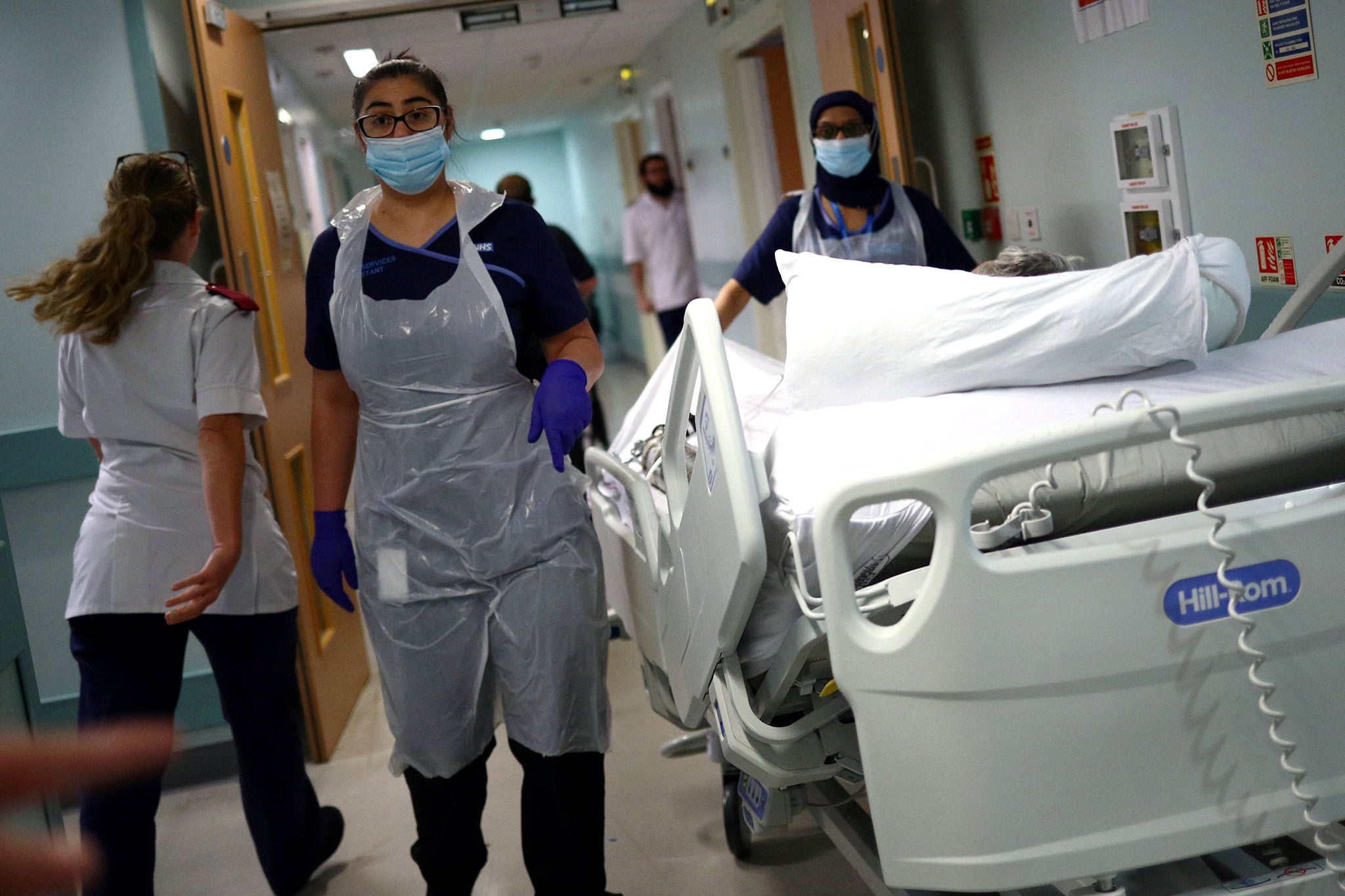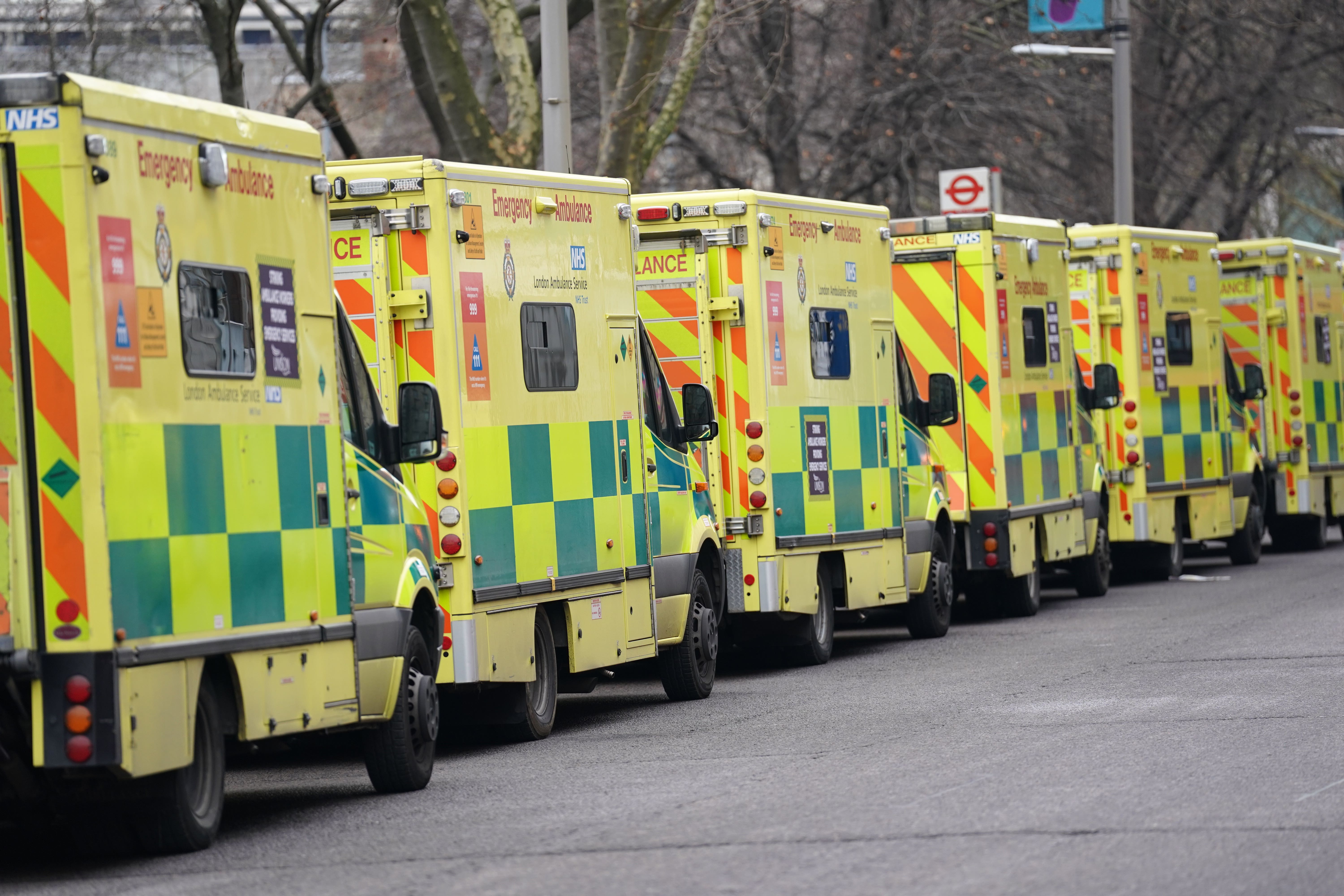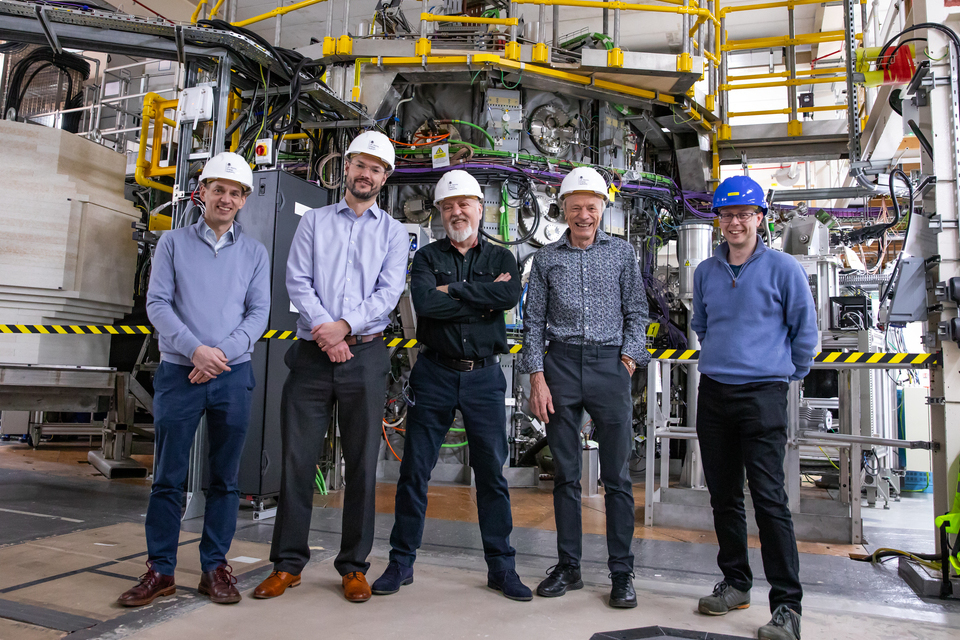A groundbreaking artificial intelligence (AI) model is being trained using NHS data from 57 million people in England in the hope it could predict disease and complications before they occur.
The world-first study, spearheaded by researchers at University College London (UCL) and King’s College London (KCL), has the potential to “unlock a healthcare revolution”, officials said.
The AI, known as Foresight, uses technology similar to that of ChatGPT, however, instead of predicting text, Foresight analyses a patient’s medical history to forecast potential future health issues.
As part of the pilot, it will be trained using eight routinely collected datasets, including hospital admissions, A&E attendances and Covid-19 vaccination rates, which have been stripped of personal information.
“Foresight is a really exciting step towards being able to predict disease and complications before they happen, giving us a window to intervene and enabling a shift towards more preventative healthcare at scale,” Dr Chris Tomlinson of UCL said.
“And to give a practical example of what that actually looks like, we could use Foresight to look across the whole population and predict the risk of, for example, unscheduled hospitalisation.

“This is a really significant event that often heralds deterioration in the patient’s health but can occur from a variety of different causes, and also has a major resource implication on the health service.
“We can then use Foresight to understand the drivers for that deterioration, and potentially suggest personalising opportunities for intervention so that might include, for example, optimising medications to improve blood pressure control and reduce the risk of, say, stroke.”
Foresight is currently restricted to Covid-19-related research.
Dr Tomlinson added: “We’re looking at predicting Covid-19 outcomes – which may help us inform the next pandemic – but we’re also testing the model’s ability to generalise to other important healthcare outcomes, such as predicting the risk of hospitalisation or death in the next year, as well as the onset of over 1,000 different conditions.
“Ultimately, we’d like to increase the depth and capability of Foresight by including richer sources of data – information like physicians’ notes and the results of investigations such as blood tests or scans.”

The pilot study will operate within NHS England’s Secure Data Environment, which will provide access to de-personalised records with patient data remaining under strict NHS control.
Dr Vin Diwakar, national director of transformation at NHS England, said: “The NHS Secure Data Environment has been fundamental to this pioneering research, shaping a future where earlier treatments and interventions are targeted to those who will benefit, preventing future ill health.
“This will boost our ability to move quickly towards personalised, preventative care.”
Science and technology secretary Peter Kyle added: “This ambitious research shows how AI, paired with the NHS’s wealth of secure and anonymised data, is set to unlock a healthcare revolution.
“This technology is transforming what’s possible in tackling a host of debilitating diseases, from diagnosis, to treatment, to prevention.

“This is work that that will be instrumental to this Government’s missions to overhaul healthcare and grow the economy, which sit at the heart of our Plan for Change.
“And an unrelenting focus on privacy and security means people can rest assured that their data is in safe hands.”
The new pilot comes after a study, published in the Lancet Digital Health in March 2024, found Foresight was able to predict the type of health conditions a patient is likely to develop in the future.
Professor Richard Dobson, deputy director of the NIHR Maudsley Biomedical Research Centre and another lead researcher at KCL and UCL, added: “This pilot is building on previous research that demonstrated Foresight’s ability to predict health trajectories from data from two NHS trusts.
“To be able to use it in a national setting is very exciting as it will potentially demonstrate more powerful predictions that can inform services nationally and locally.”



